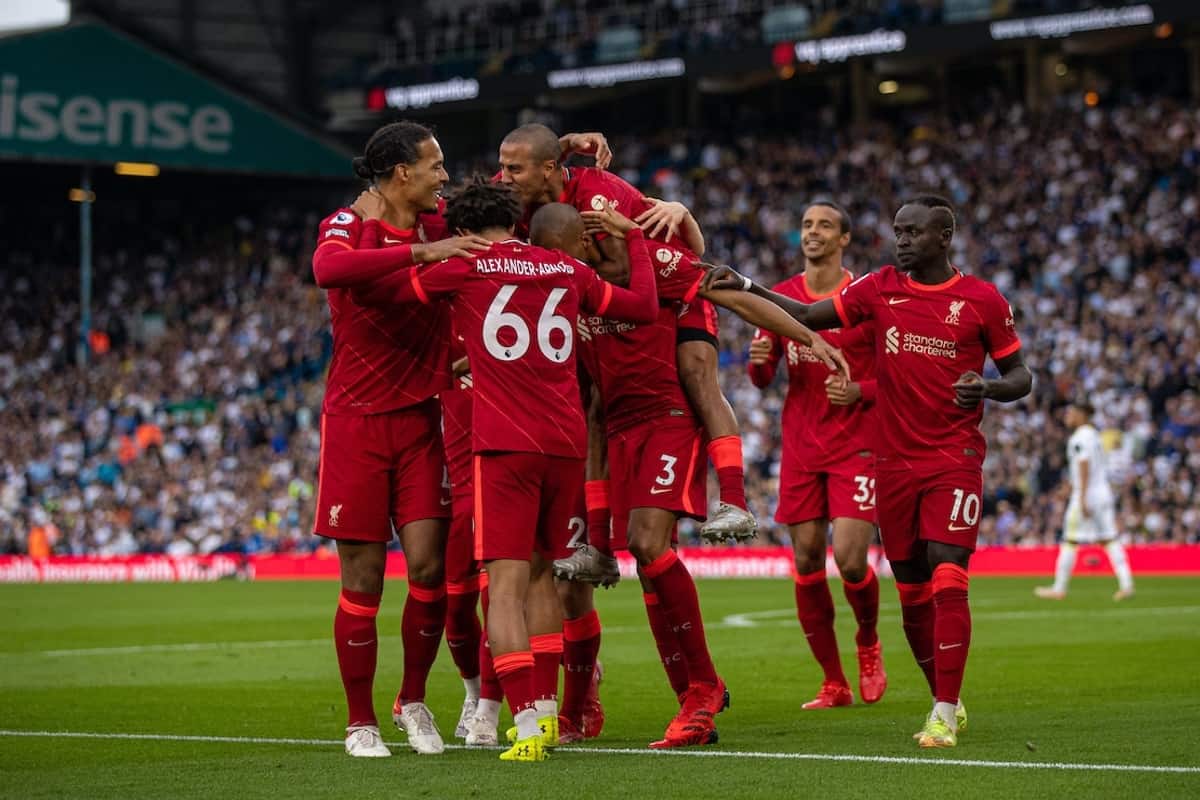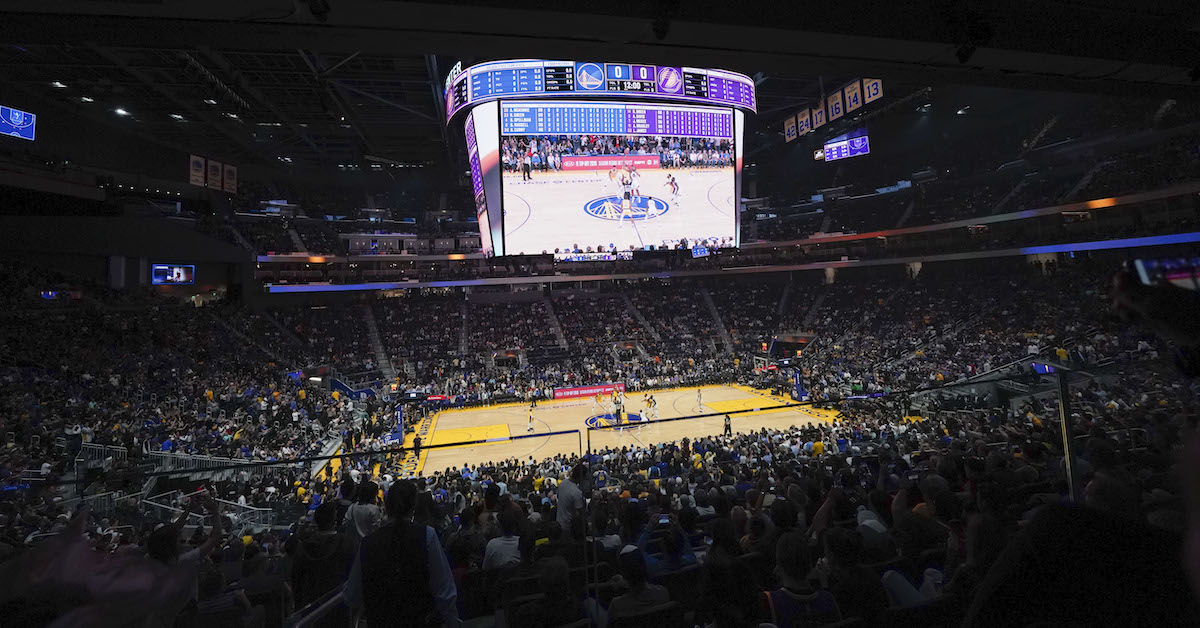Cristiano Ronaldo’s return to Manchester United won’t appear on live UK TV – the 3pm blackout no longer makes sense

Cristiano Ronaldo’s return to Manchester United will be watched live on television by football fans around the world – but not if they live in the UK.
The reason for this is the decades-old “3pm blackout”, a policy designed to protect match attendance and revenue in the era of live television. But in the world of streaming – and indeed, where live attendance is a COVID risk – is the blackout still needed?
In the early 1960s, the chairman of Burnley Football Club, Bob Lord, successfully lobbied other executives in the Football League to prevent the broadcast of games on Saturday afternoon.
The blackout was a complete ban on the live broadcasting of any football match in the UK between 2.45pm and 5.15pm on Saturday.
Lord worried that televised football would negatively impact match attendance. He wasn’t alone in his thinking and other sports grappled with the same fear. For Lord, it was a simple supply and demand issue. He thought of televised matches and actual attendance at games as substitute products.
He wasn’t wrong. At that time, almost all income generated by football clubs came from the turnstiles. There was no broadcasting revenue, and little or no merchandising and sponsorship. The thought of the north London derby or Liverpool v Manchester United at 3pm on Saturday afternoon, broadcast live to a population with almost no other access to sports content, was enough to convince Lord that the football business model would not survive with this form of competition.
Fast forward to 2021, and football in England could hardly be more different. The globalisation of the game since the late 1990s has transformed many English towns and small cities into famous locations. Players and managers are now sourced from almost every country on the planet, and the Premier League has become one of England’s biggest exports, with supporters arriving each weekend from around the globe to cheer on their adopted team.
The economics of the game have been transformed as well. No longer do top flight clubs like Burnley rely heavily on fans coming to games –- although the matches of the pandemic years remind us how important fans are to the atmosphere and spectacle of football. Instead, the key revenue sources are broadcasting, prize money, sponsorship and merchandising. Combined revenues for the 20 Premier League clubs surpassed £5 billion in 2018/2019.
Changing the game
Due to COVID, the past two seasons have seen revenues decline. However, many top clubs have been insulated by the evolution of how revenues are generated. For the elite clubs, match day activity constitutes less than 20% of all revenue.
The 3pm blackout is not terribly important for Premier League clubs today, because they do not rely on match day activities to generate the bulk of their revenue. In any case, the matches played in this slot are usually between Premier League teams not in European club competitions, and are never matches between two of the more popular “big six” clubs. So the effect of removing the blackout and broadcasting one of these games would likely do little damage to Premier League attendances.
But English football is far more than the Premier League. The depth of the oldest set of interconnected leagues in any sport on the planet is truly remarkable. While football strongholds such as Spain, Germany and Italy have two or three professional leagues, the English system can maintain professionalism at least six tiers down, sustained by the commitment and partisan nature of teams’ supporters and communities.
Unlike the elite clubs, the lower divisions rely much more heavily on gate receipts. An argument could be made that the 3pm blackout still benefits teams lower down the English football pyramid.
But in our modern world of near-constant sports broadcasting, does the blackout still make sense? I think not.
24/7 football
Premier League football is screened each Saturday at 12.30pm and 5.30pm. The lunchtime matches do not end until nearly 2.30pm. How many fans of lower league teams would decide not to travel to a game at 3pm because Ronaldo, Salah or Kane are live on television? Very few, I suspect. These players are regularly on television each Saturday, yet the second tier of English football (the Championship) is the fifth best-attended league in all of Europe.
The television product and attending in person are no longer the substitute goods Bob Lord feared in the 1960s, if they ever were. A plethora of options are available to people at 3.00pm on Saturday afternoon -– both sport and non-sport -– yet League One attendances average around 8,000 people per game, and League Two just under 5,000 fans.
These figures are higher than many top-tier UEFA leagues and means the third and fourth tiers of English football attract more fans on average than the first divisions in countries like Greece, Romania, Serbia and Finland. This is not to mention the possibility of watching 3pm kick-offs anyway through (illegal) streaming services or other means.
Yet the Football League persists with a rule put in place long before the arrival of satellite television or the internet as we know it.
The irony of course is that it is possible to legally watch Saturday 3pm games outside of the UK, so foreign fans of the Premier League actually get to consume more televised content than domestic supporters.
While the rest of the world watches Ronaldo reappear in a Manchester United jersey, those living in and around Manchester without tickets to Old Trafford will have to wait until around 5pm to view streaming content, or later that night for Match of the Day – a show almost as old as the blackout itself.
This article was originally posted on Cristiano Ronaldo’s return to Manchester United won’t appear on live UK TV – the 3pm blackout no longer makes sense



